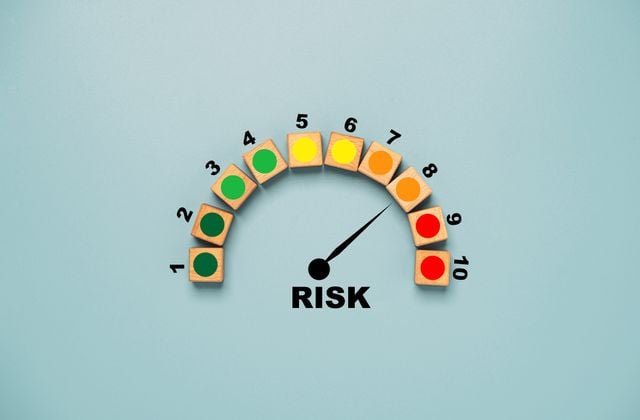SFDR is on course for significant change and yesterday’s opinion from the ESAs (the European regulators) gives us a first glimpse into what these changes may look like. Here are three of the most significant suggestions proposed by the ESAs and their likely impacts:
Article 8 and 9 funds replaced with two new product categories
The ESAs suggest that Article 8 and 9 funds should be replaced by two new product categories: the sustainable product category and the transition product category.
To qualify for the environmentally sustainable label in particular, products will need to meet a minimum sustainability threshold based on investments in taxonomy-aligned economic activities – this will increase the bar considerably for funds which currently make sustainable investments, which do not need to be Taxonomy aligned.
Having just two categories could mean that existing Article 8 light-green funds would no longer qualify for a sustainability label under SFDR. Products that do not qualify for a label should be split into those with sustainability features and those without.
Sustainability indicators in a grading scale
The ESAs suggest that the sustainability features of products should be set out in a grading scale of A-E meaning that investors will have a standard method to measure the sustainability features of a product. The ESAs drew comparison to the risk scale required in key investor documents under PRIIPs, which have assisted retail investors understanding of risk. There is a possibility, however, that the use of a sustainability scale oversimplifies the sustainability features of a product.
Update to the sustainable investment definition
The ESAs call for alignment between the sustainable investment definition set out in the Taxonomy Regulation and the definition under SFDR. Managers will potentially need to comply with a more science-based as opposed to principle based measurement, as is currently the case under the Taxonomy Regulation, for an investment to qualify as a sustainable investment. Although this may be a higher threshold, a more prescriptive definition will no doubt result in a more consistent approach by managers and greater comparability for investors.
What next?
Yesterday's opinion emphasises the complex and continually evolving nature of SFDR. The opinion will be considered by the European Commission and its suggestions may not be accepted, but over the coming months we should see more clarity on the direction SFDR 2 is taking and managers planning to launch a fund in the short to medium term should keep a close eye on these developments.
Subscribe to Ropes & Gray Viewpoints by topic here.
Stay Up To Date with Ropes & Gray
Ropes & Gray attorneys provide timely analysis on legal developments, court decisions and changes in legislation and regulations.
Stay in the loop with all things Ropes & Gray, and find out more about our people, culture, initiatives and everything that’s happening.
We regularly notify our clients and contacts of significant legal developments, news, webinars and teleconferences that affect their industries.





